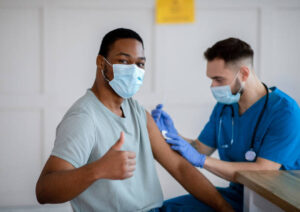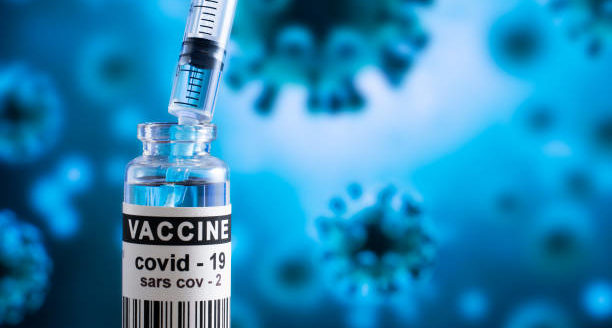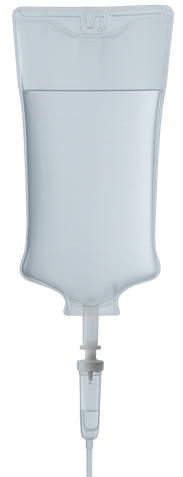Myocarditis and Pericarditis
- Myocarditis is an inflammation of the heart muscle.
- Pericarditis is an inflammation of the heart muscle covering.
- The body’s immune system can cause inflammation often in response to an infection. The body’s immune system can cause inflammation after other things as well.
What is the connection to COVID-19 vaccination?
- A CDC safety panel has determined there is a “probable association” between myocarditis and pericarditis and the mRNA COVID-19 vaccines, made by Moderna and Pfizer-BioNTech, in some vaccine recipients.
- Reports of myocarditis and pericarditis after vaccination are rare.
- Cases have mostly occurred in adolescents and young adults under the age of 30 years and mostly in males.
- Most patients who developed myocarditis after vaccination responded well to rest and minimal treatment.
The risk of myocarditis is low
- Hundreds of millions of vaccine doses have safely been given to people in the U.S.

- Deaths from COVID-19 disease have occurred in adolescents and young adults. Since the pandemic began, there have been over 2,700 deaths from COVID-19 disease among people 12-29 in the U.S., and over 315 reported just since April.
- Vaccination has been shown to prevent COVID-19 disease or infection cases, hospitalizations, and deaths.
- The vaccine also protects against Multi-Symptom Inflammatory Syndrome in Children and Adults and long-term symptoms (“long COVID”). The risk of getting these conditions from COVID-19 disease is much higher than the risk of myocarditis from the vaccine.
- The vaccine also protects against new, more dangerous variants of the virus.
- The benefits of the vaccines far outweigh the risk of myocarditis. The vaccine prevents thousands of cases of death and disease, while myocarditis is rare and most respond well to minimal treatment and rest.
Symptoms
Although myocarditis is rare, CDC recommends that recently vaccinated people seek medical attention if they develop any of these symptoms after being vaccinated, particularly in the first week after vaccination:
- Chest pain
- Shortness of breath
- Feelings of having a fast-beating, fluttering, or pounding heart
COVID-19 vaccination is still strongly recommended by the CDC for all eligible people
- The best way to protect everyone is to get vaccinated as soon as possible, especially because of the rise of the Delta variant.
- A large number of medical professional and public health associations strongly recommend COVID-19 vaccinations, including the American Academy of Pediatrics, the American Academy of Family Physicians, the American Heart Association, the American College of Obstetricians and Gynecologists, and the American Medical Association.
- Everyone age 12 and older may receive COVID-19 vaccine unless they had an anaphylaxis reaction to the first dose.
- U.S. Health and Human Services statement on vaccine recommendation
- The Western States Scientific Safety Review Workgroup concluded June 23 that the known benefits of COVID-19 vaccination substantially outweigh the very small risk of myocarditis and pericarditis following receipt of mRNA vaccines.
More information for patients
- Myocarditis and Pericarditis Following mRNA COVID-19 Vaccination | CDC
Diagnosing and Reporting Myocarditis after Vaccination
If a patient develops myocarditis after the first dose of vaccine, you may request a clinical consult before administering the second dose
- Learn more about the Clinical Immunization Safety Assessment (CISA) Project here, including the links and phone number to request the consult.
Report all cases of myocarditis or pericarditis after vaccination to VAERS
- If you diagnose the patient, you must report to the Vaccine Adverse Event Reporting System (VAERS) even if you did not administer the vaccine.
- Reporting the event is mandatory and the responsible party is the clinician who diagnosed the reaction, not the clinician who originally gave the vaccine.
Continue to recommend vaccination
- The CDC continues to recommend COVID-19 vaccination for everyone age 12 and older because of the greater risk of serious complications related to COVID-19, such as hospitalization, multisystem inflammatory syndrome in children (MIS-C), or death.
Diagnosing myocarditis
- Consider myocarditis and pericarditis in adolescents or young adults with acute chest pain, shortness of breath, or palpitations. In this younger population, coronary events are less likely to be a source of these symptoms.
- If you identify these symptoms, ask about prior COVID-19 vaccination, as well as relevant other medical and travel history or exposure to toxins.
- For initial evaluation, consider an ECG, troponin level, and inflammatory markers such as C-reactive protein and erythrocyte sedimentation rate. In the setting of normal ECG, troponin, and inflammatory markers, myocarditis or pericarditis are unlikely.
- For suspected cases, consider consulting with cardiology. Evaluation and management may vary depending on the patient age, clinical presentation, potential causes, or preferences of the provider and patient
- For follow-up of patients with myocarditis, consult the recommendations from the American Heart Association and the American College of Cardiology.
- Rule out other potential causes of myocarditis and pericarditis. Consider consultation with infectious disease and/or rheumatology to assist in this evaluation.
LotusRain is sharing this information, for purpose of reporting only, to any and all that are interested in vaccincation for Covid-19. We believe now more than ever, enhancing our immune system is vital! Make sure to refer to our immunity booster page on and take advantage of enjoying the balance of Immune IVs. We are offering multiple July specials, whilst continuing some always great offers for our Lotus family!
*****
This content was curated and is recent information released by the CDC. Photo images: Istock.







